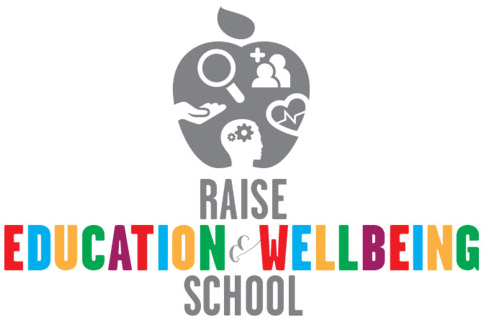Therapeutic offer at Raise
Our enriching therapeutic provision helps pupils to engage, learn and develop emotional resilience.
Young people at Raise Education & Wellbeing School benefit from a rich therapeutic offer which enables them to build confidence, settle in their learning, increase resilience, become active agents in their own experiences and go on to lead fulfilling lives.
We timetable group and 1:1 sessions with a counsellor, Thrive practitioners, mindfulness teachers, a psychologist, a wilderness therapist (Wild Passport), art therapists and a personal trainer; plus walks with therapy dogs. These activities are entwined within their academic timetables across the week.
In addition, we partner with leading organisations such as Thrive, Restorative Justice 4 Schools and Trauma Informed Schools UK (TISUK) to ensure our processes are informed by credentialed frameworks and theories.
Alongside a school-wide culture of wellbeing, the following provisions form a vital part of our offer.
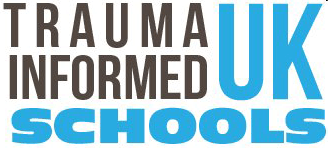
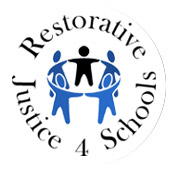
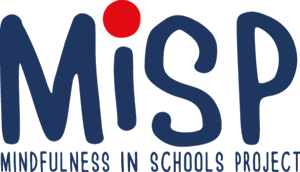
.b Mindfulness in Schools Project (MiSP)
For young people: .b Curriculum
Led by .b qualified MiSP ‘Mindfulness Leads’, young people benefit from daily mindfulness practices as well as weekly lessons which follow the .breathe (stop and breathe) curriculum for adolescents.
Evidence-based
Mindfulness has the potential to promote young people’s social and emotional wellbeing (Miners, 2008) as well as improve their academic attainment (Semple, Reid & Miller, 2005).
Mindfulness studies report a reduction in clinical anxiety and depression symptoms, as well as improved mindfulness and general wellbeing (Carmody & Baer, 2008). This effect may in part be mediated by an increased concentration of grey matter in the left hippocampi following mindfulness programmes. This brain area is associated with learning and memory, perspective taking and emotional regulation (Holzel et al. 2009).
Similarly to Carmody and Baer, Biegel and colleagues (2009) found adolescents with multiple mental health diagnoses displayed decreases in anxiety and depression, as well as improved sleep and self-esteem following mindfulness interventions.
For staff: .b Foundation
Staff at Raise Education & Wellbeing School have access to mindfulness courses and drop-in sessions on an on-going basis. This helps to develop a depth of personal understanding which helps guide and orient our school’s mindful culture.
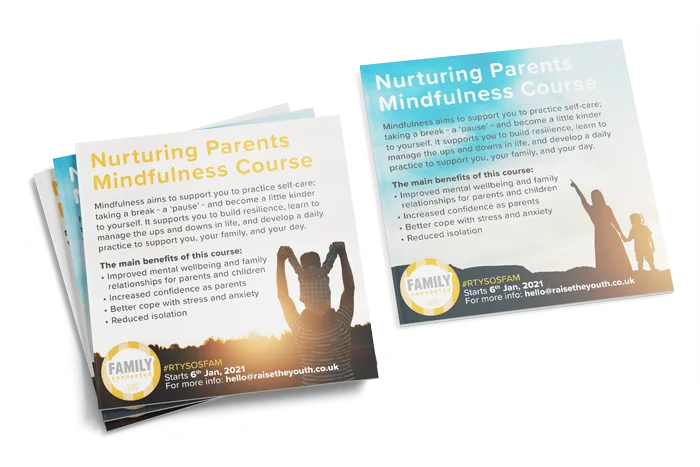
For parents: Nurturing Parents
Nurturing Parents is an adapted 8 week mindfulness course for parents that we run in the local area. The original course was specifically developed by Eluned Gold at the Centre for Mindfulness Research and Practice at Bangor University to support parents to incorporate mindfulness into their family life.
Learning mindfulness techniques to use at home can support parents in coping better with stress and anxiety and respond to situations differently. This can help young people to arrive at school / college calmer and ready to learn.
1:1 Counselling sessions (including group counselling for girls)
Our counsellor (MBACP, FdA, PGDip) provides a safe and confidential space for all young people to discuss anything they choose.
Using a holistic, trauma-informed approach we work with young people and adults on the assumption that body and mind are intrinsically linked and therefore need to be treated as a whole. We put mental health at the forefront, but also address areas such as safety, wellbeing, diet, exercise and self-care.
Types of counselling
- Person-centred therapy
- Therapeutic interventions – CBT based
- Creative therapy
- Drawing and talking therapy
- CATT – Children’s Accelerated Trauma Technique
- The Rewind Technique
Person-centred counselling enables a supportive and judgement free space to discuss all troubling issues, past or present, and to work through these difficulties. Ultimately, a young person will discover their own abilities and autonomy so that they can better cope with current and future problems.
Some of the topics we cover in our sessions
Abortion
Abuse
Anger management
Anxiety
Autistic Spectrum
Bereavement
Bullying
Career Support
Depression
Domestic Abuse – Physical and Emotional
Family Issues
Generalised Anxiety Disorder
Grief
Loneliness
Miscarriage
Panic Attacks
Phobias
Post Traumatic Stress Disorder (PTSD)
Self Confidence
Self Esteem
Self-Harm
Sleep
Stress
Suicidal Thoughts/Actions
Trauma
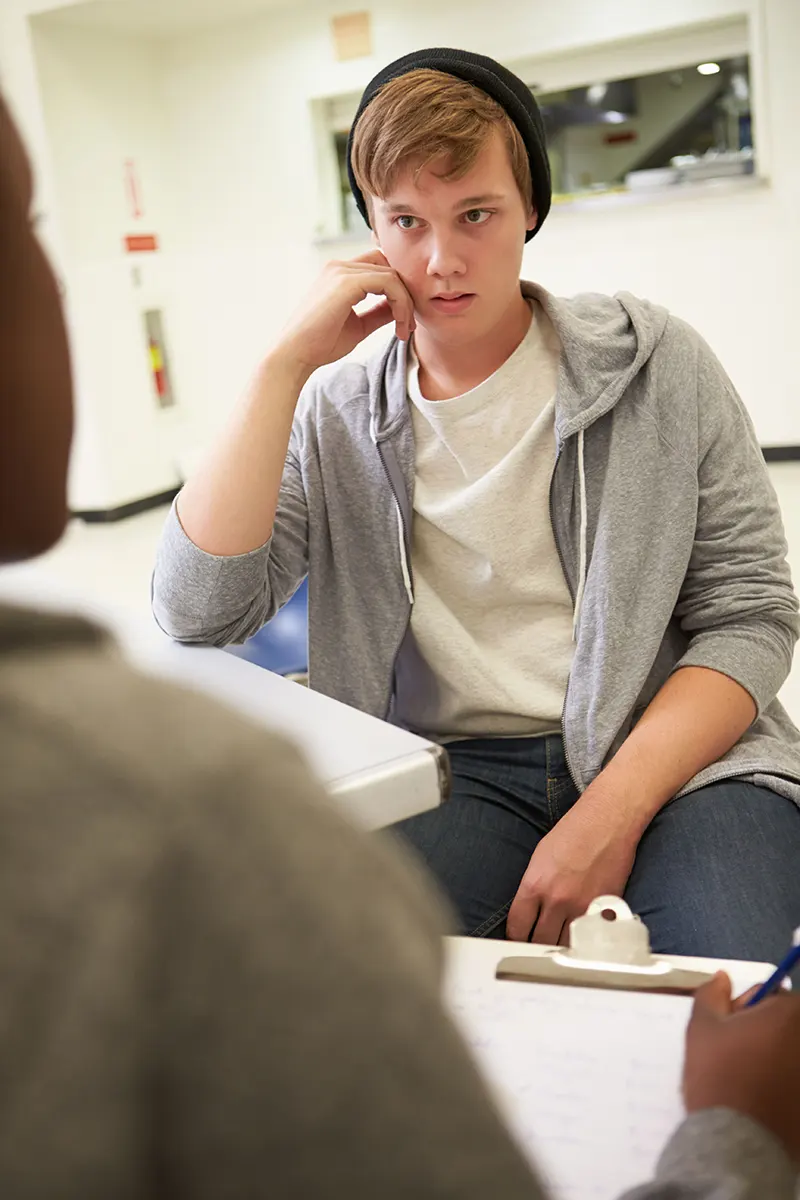
Trauma-Informed approach
Thrive
This whole-school approach to student wellbeing and mental health results in calmer classrooms, improved student attendance and achievement, happier staff, improved staff retention and reduced pupil exclusions.
Grounded in established neuroscience, attachment theory and child development, the Thrive Approach® has been developed over the past 25 years and draws on a wealth of experience in social work, psychotherapy and education, including the study of Adverse Childhood Experiences (ACEs).
Our Thrive Centre is run by Thrive practitioners trained by Trauma Informed Schools UK. They promote and deliver learning and support to prepare and equip young people to be able to regulate, just ‘be’ and settle down to learn and make progress in the classroom and life.
After a developmental needs assessment, we decide whether the support is best delivered in a group or 1:1 setting. Grouped sessions are based on individual cognitive and social abilities enabling young people to feel comfortable in their surroundings and company.
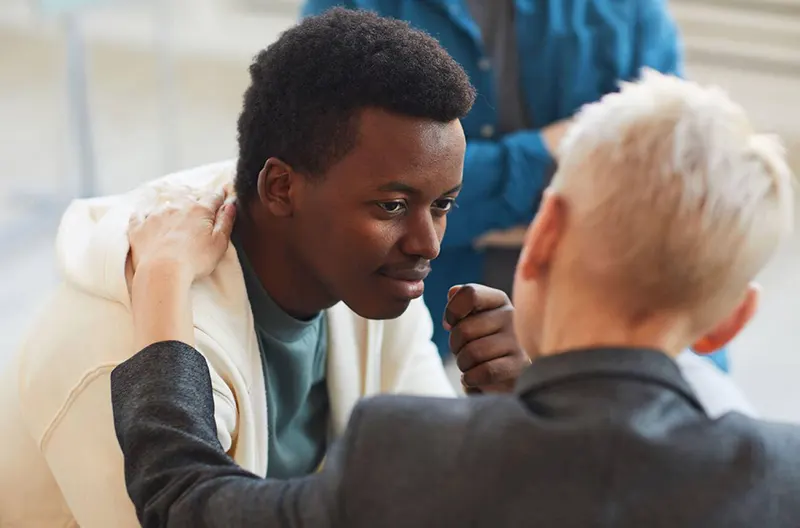
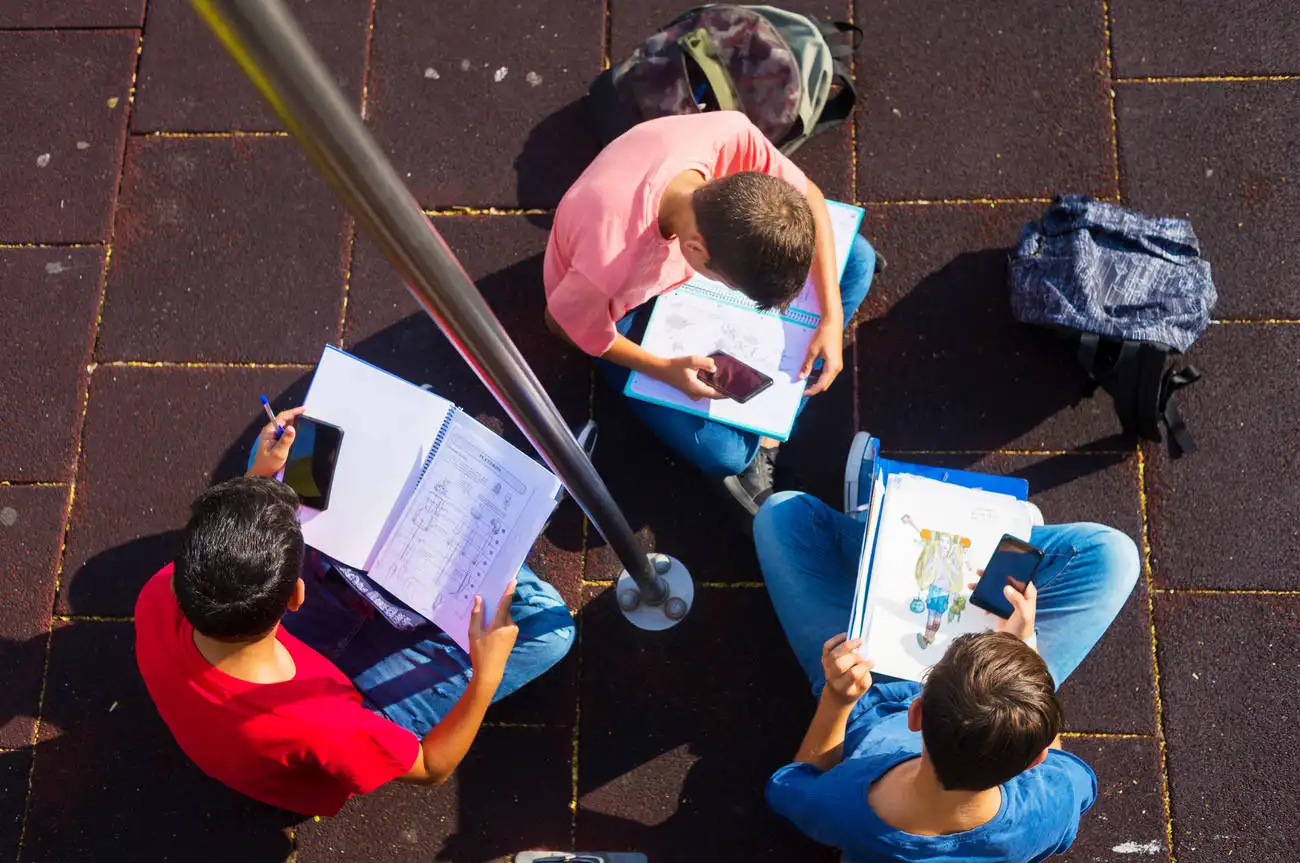
Thrive-Online
We use Thrive-Online for profiling, assessment, monitoring and measuring progress.
It is a wonderful tool which enable us to:
- Clearly and systematically identify social and emotional needs.
- Profile whole groups as well as individual pupils identified as having additional needs.
- Action-plan at a group and individual level to formulate strategies and age-appropriate activities to support social and emotional development.
- Measure and report on the progress of whole groups and individuals over time.
Emotionally-available adults
To increase protective factors in our young people, we ensure they have daily access to at least one named, emotionally-available adult; one who believes in them, relates to them with compassion, empathy and unconditional positive regard (Carl Rogers), provides appropriate limit setting, understands their attachment and mental health needs, knows their life story, and offers repeated enriched relational, regulatory and reflective opportunities.
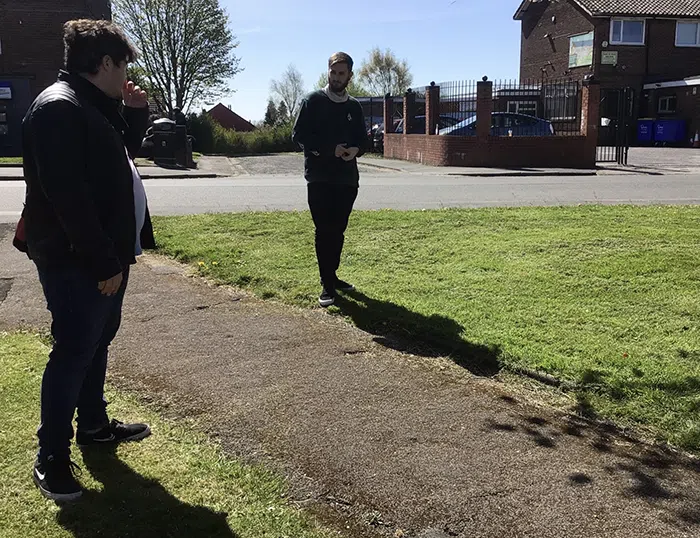
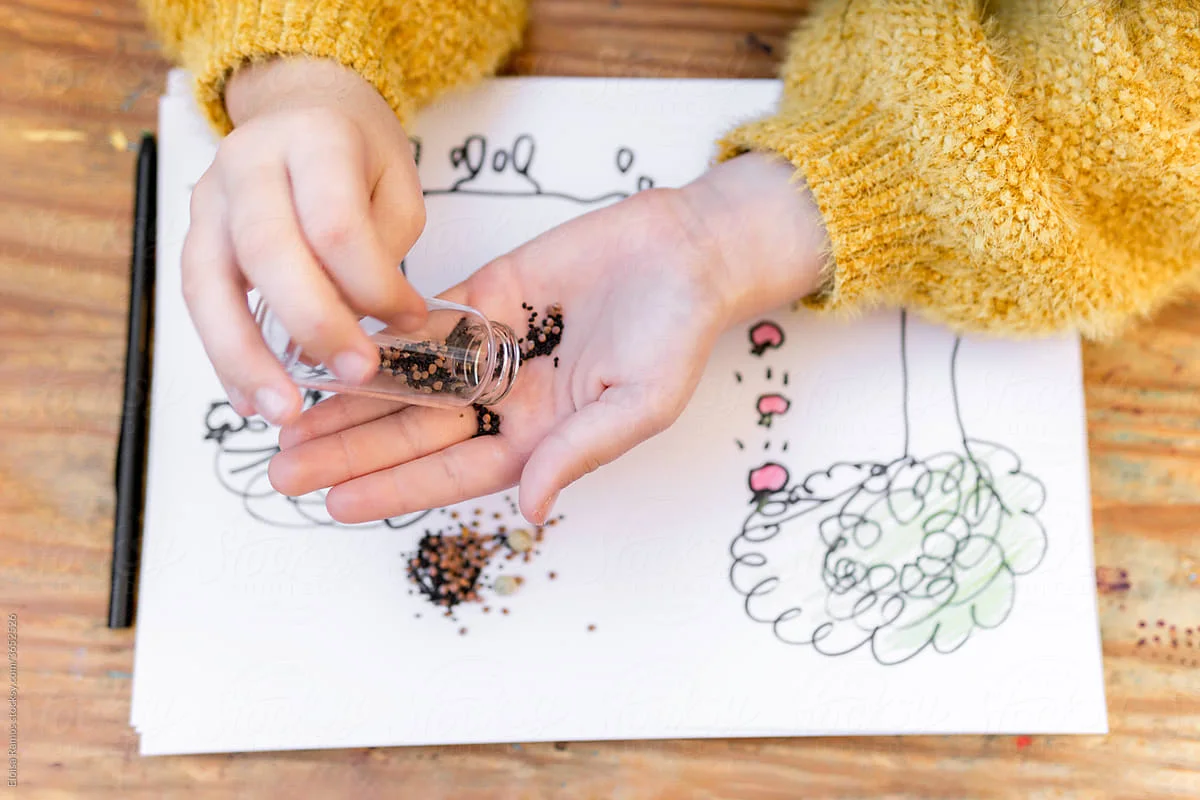
Trauma Informed Schools UK (TISUK)
A trauma informed school is one that is able to support children and teenagers who suffer with trauma or mental health problems and whose troubled behaviour acts as a barrier to learning. Practical evidenced based interventions are informed by over 1000 peer reviewed research studies (medicine, psychology, neuroscience, forensics).
TISUK’s training is highlighted in the DfE Advice to Schools: Mental Health and Behaviour in Schools DfE-00327-2018 as supporting and promoting positive mental health and forms part of several validated university courses.
You can read more about TISUK here.
Team Teach (positive behaviour framework)
Via Team Teach, our practitioners are equipped with the confidence and strategies they need to de-escalate challenging situations and reduce the need for physical intervention.
Team Teach is award-winning, evidence-based positive behaviour training which puts the individual at the centre of every decision and allows the safe and respectful management of distressed behaviours and conflicts.
Psychologist
Young people have group and 1:1 sessions with our Health Psychologist in training (MSc / PHD). She offers therapies for self-harm, smoking, substance misuse, diet, insomnia, anxiety, depression and anger.
Megan Bowes (BSc MSc MBPSs, working towards DHealthPsy) is our Trainee Health Psychologist / Health Lead.
“Interventions with the young people focus on improving physical health and wellbeing, as well as improving coping strategies and resilience. I utilise several therapeutic approaches including Mindfulness, Solution Focused therapy, Motivational Interviewing, Acceptance and Commitment Therapy (ACT) and Cognitive Behavioural approaches during interventions.
ACT aims to help the individual to accept and live with difficulties, whilst also living in line with values. ACT encourages individuals to embrace their thoughts and feelings, rather than trying to fight or change them. Instead, this approach helps individuals to distance themselves from their negative emotions, whilst living in the present moment.
ACT developed psychological flexibility and falls under the umbrella of behavioural therapy due to the combination of mindfulness skills and the practice of self-acceptance.”
Main treatment areas:
- Depression
- Anxiety
- Low self-esteem
- Smoking cessation
- Self-harm
- Suicidality
- Insomnia / poor sleep
- Relationship difficulties
- Anger
PACE
"On average children wait 10 years to get help for a mental health problem"
The Centre for Mental Health. Report: Missed Opportunities: Children and Young People’s Mental Health, 2016.
PACE (Play, Acceptance, Curiosity, Empathy) is a way of thinking, feeling, communicating and behaving that aims to make the child feel safe. It is based upon how parents connect with their very young infants. As with young toddlers, with safety the child can begin to explore.
With PACE, troubled children can start to look at themselves and let others start to see them; get closer emotionally and start to trust.
At Raise Education & Wellbeing School we have provided training, resources, time, and direction to enable our managers and leaders to apply emotionally available adult and PACE approaches to help support and listen to young people in need.
We have transformed our youth champion role (key workers) and form teachers within our school/college to become the main emotionally available adults for their children and young people and develop and master their own skills in listening, PACE, and being able to relate and support children and young people.
We have ensured that all adults around raise including business team, facilities manager, and catering staff are aware and able to be emotionally available adults.
WILD Passport (wilderness therapy)
We offer therapeutic sessions in the wilderness and in places of nature across the locality and region to connect children and young people with nature and their internal world.
WILD Passport covers 125 learning outcomes over five separate competencies, suitable for learners of all abilities.
“An adventure-based therapy treatment modality for behaviour modification and interpersonal self-improvement, combining experiential education, individual and group therapy in a wilderness setting”
Our wilderness therapist works with groups of 1-8 young people and teaches them skills such as gathering, fire making, wood carving and other survival skills whilst encouraging the YP to relax in nature and reflect on their current being.
Being present around trees increases levels of oxytocin which promotes feelings of calm and emotional bonding with others in the group.
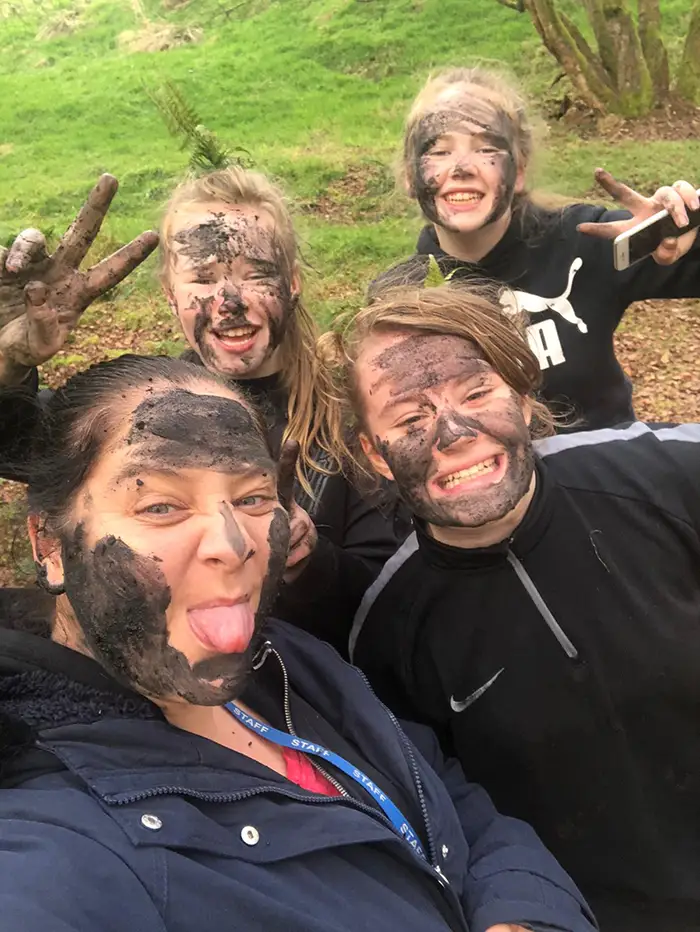
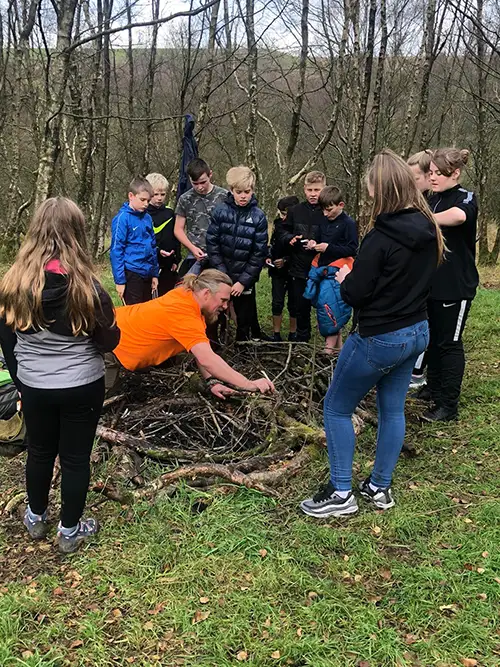
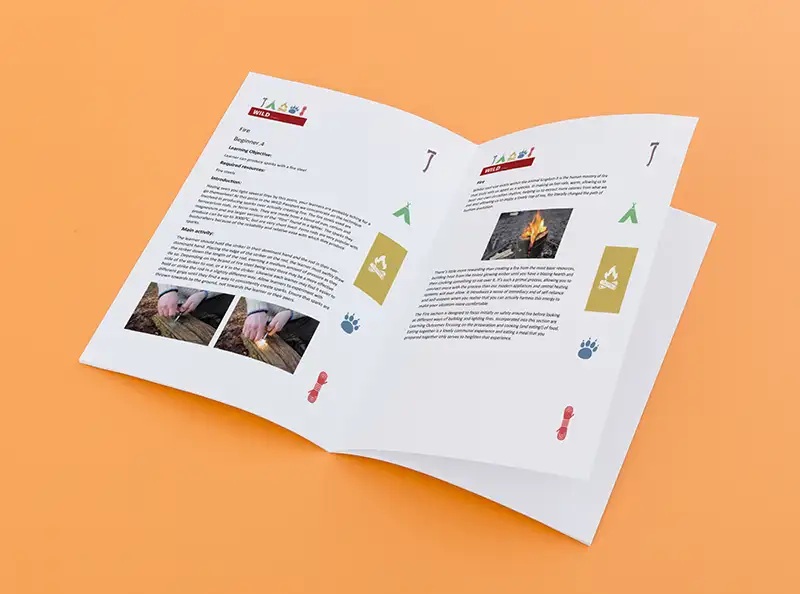
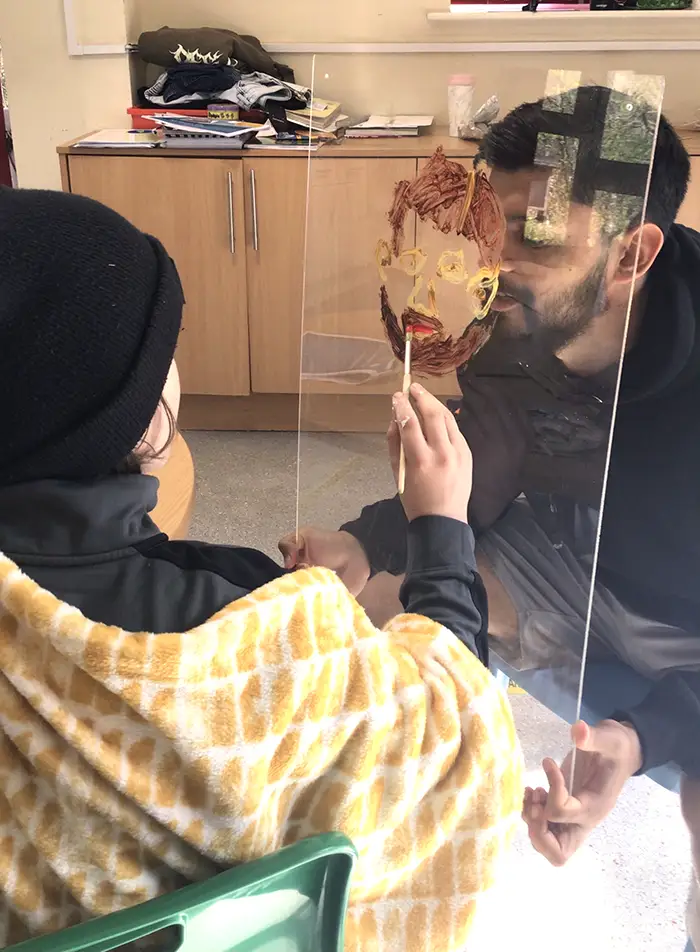
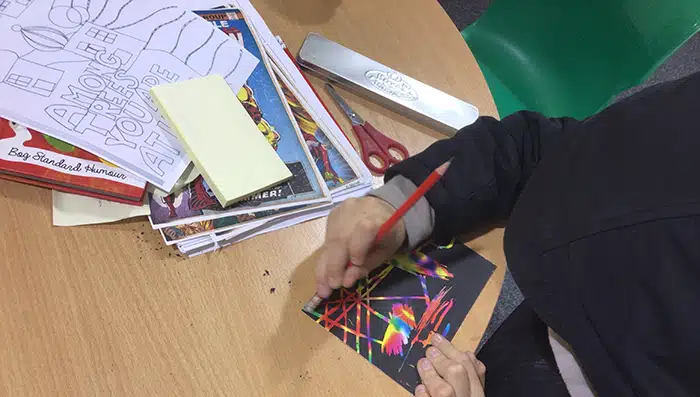
Therapeutic art
Producing artwork for therapeutic purposes can be a great way to express difficult emotions and explore past events in a safe and structured way.
Sometimes it can be challenging to find the words to describe negative emotions and events, and art provides a way for these structured discussions to take place.
Art is also a way or relieving stress as well as reducing anxiety and depression. The sessions include drawing, painting, crafts, photography and much much more.
Boxing
The YP enjoy weekly boxing sessions with our two boxing teachers. As well as being a positive way to relieve stress, boxing stimulates the production of endorphins which improves mood, as well as promoting mindfulness due to high levels of concentration required to master each routine.
When boxing, our YP report only thinking about their current match and nothing else. Thus, weekly boxing sessions improve mood, reduce stress and anxiety and improve the concentration of our YP. Boxing is also widely used in the treatment of trauma.
Trauma survivors are often disconnected from their physical bodies and boxing helps the body and mind to reconnect due to the repetitive movements and high levels of focus on the body. The concentration, discipline and training of boxing and similar sports have thus been found to help the healing process following trauma.
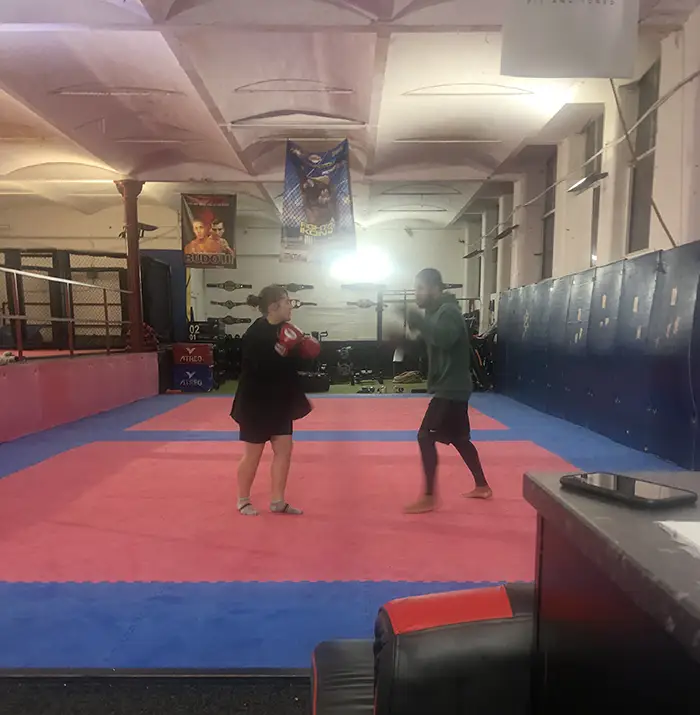
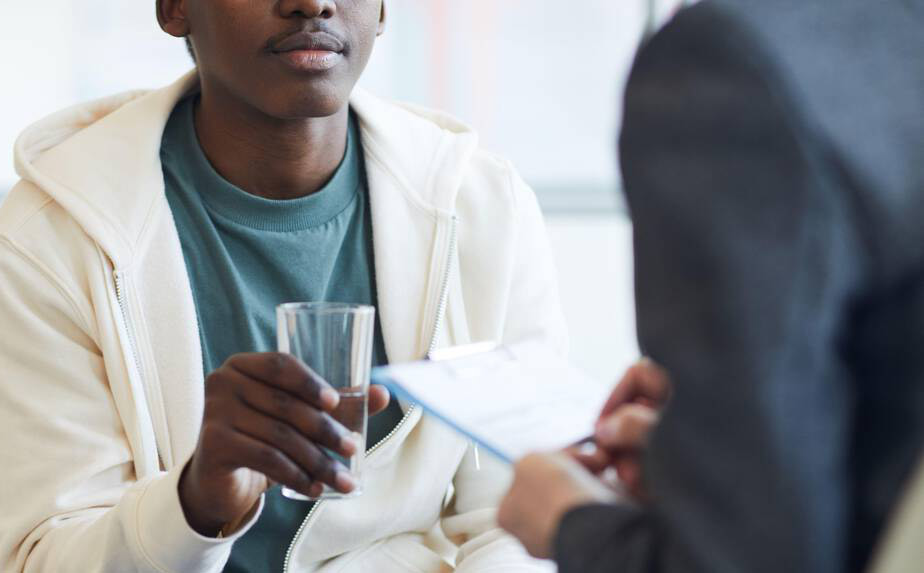
Restorative approaches
Raise Education & Wellbeing School takes a restorative approach to resolving conflict and preventing harm.
Our whole-school approach to restorative methods has seen many benefits including increased attendance, reduced exclusions and improved achievement; alleviation of problems such as bullying, classroom disruption, truancy, antisocial behaviour, and disputes between pupils, their families, and members of staff.
A report published by the Department for Education gave whole-school restorative approaches the highest rating of effectiveness at preventing bullying, with a survey of schools showing that 97% rated restorative approaches as effective.
You can read more about Restorative Justice 4 Schools here.
At Raise, our positive behaviour and restorative discipline approaches use the collaborative and proactive solutions model of Dr R. W. Greene
An extract from Dr. Greene’s website explains:
“Collaborative & Proactive Solutions (CPS) is the evidence-based model of care that helps caregivers focus on identifying the problems that are causing concerning behaviors in kids and solving those problems collaboratively and proactively. The model is a departure from approaches emphasizing the use of consequences to modify concerning behaviors. In families, general and special education schools, inpatient psychiatry units, and residential and juvenile detention facilities, the CPS model has a track record of dramatically improving behavior and dramatically reducing or eliminating discipline referrals, detentions, suspensions, restraints, and seclusions. The CPS model is non-punitive, non-adversarial, non-exclusionary, and trauma-responsive.”
Please take the tour for further info.
